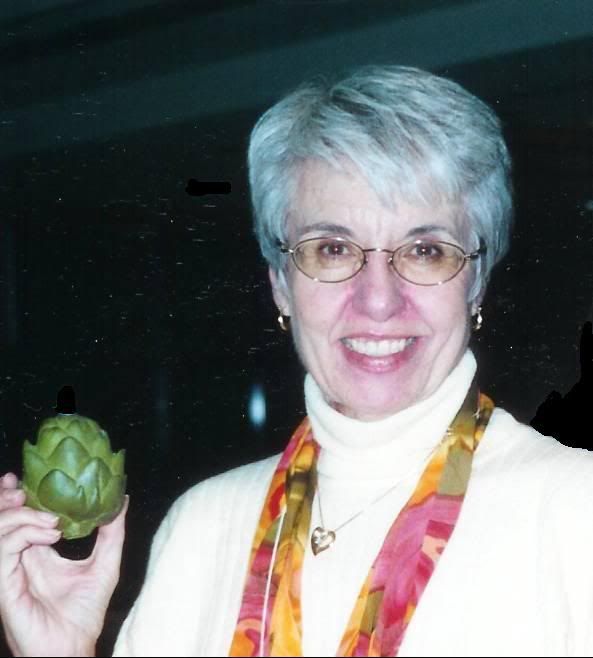What do you say to someone who has just lost a child to death? What do you say to someone whose parent has died from a lingering illness? What do you say when a family member lost their life in a war you don’t believe in? What do you say when the death came about from murder? Or suicide? Or drug overdose?
An odd by-product of my loss is that I’m aware of being an embarrassment to everyone I meet. At work, at the club, in the street, I see people, as they approach me, trying to make up their minds whether they’ll say something about it’ or not. I hate it if they do, and if they don’t….”
- C.S. Lewis from A Grief Observed
It is often easier to say nothing than risk saying the wrong thing. However, the death of a loved one is the worst thing that can happen to someone and so to ignore the survivor, or fail to mention the loss, is to add to the hurt.
Friends and relatives need to talk about the loss and to know that they are safe in discussing it with you. They need to be reassured that you acknowledge their feelings, concerns and actions. Once you have accepted that a death has occurred and that the loved one needs your support and sympathy, there are ways to help the survivor.
- Do continue support after the funeral.
- Do listen when they need to talk about the death, person or the impact on them,
- Accept where they are and don’t try to hurry them through their grief process.
- Don’t compare their tragedy to someone else’s or your own.
- Don’t expect them to counsel and comfort you.
- Never say “I know how you feel” because you don’t. Each loss is unique.
- Do provide practical support-food, money, car rides, babysitting etc.
- Do provide social support and remind them you are available to listen and help as well as go out in public.
There are lots of ways to give verbal support and sympathy. Non verbal communication is the language of relationships. If the survivor is in shock, they may not remember what you said, but will always remember what you did.. Sometimes a pat on the arm, a hug, cleaning the house, raking the leaves, filling the car with gas, or writing a note lets the survivor know that you care.
These are just a few of the ways to let others know that you are aware of their sadness and acknowledge their feelings. When you offer a hand of sympathy and support, you help the survivor know they are not alone on this journey. Will it always be accepted with gratitude? No. Should you offer the hand of love and acceptance anyway? Yes. This is not about you. It is a way to honor those who have died and those who are left behind.


